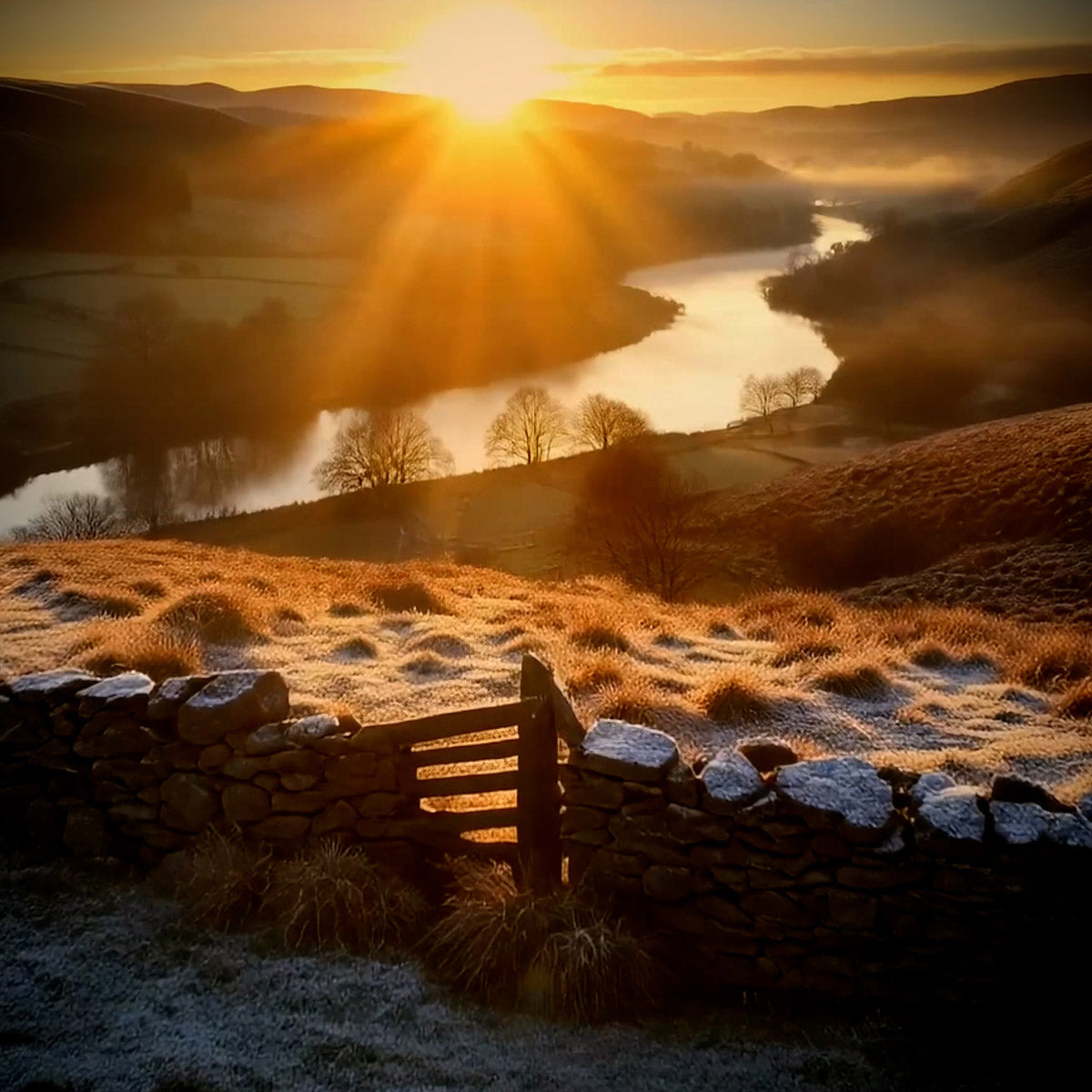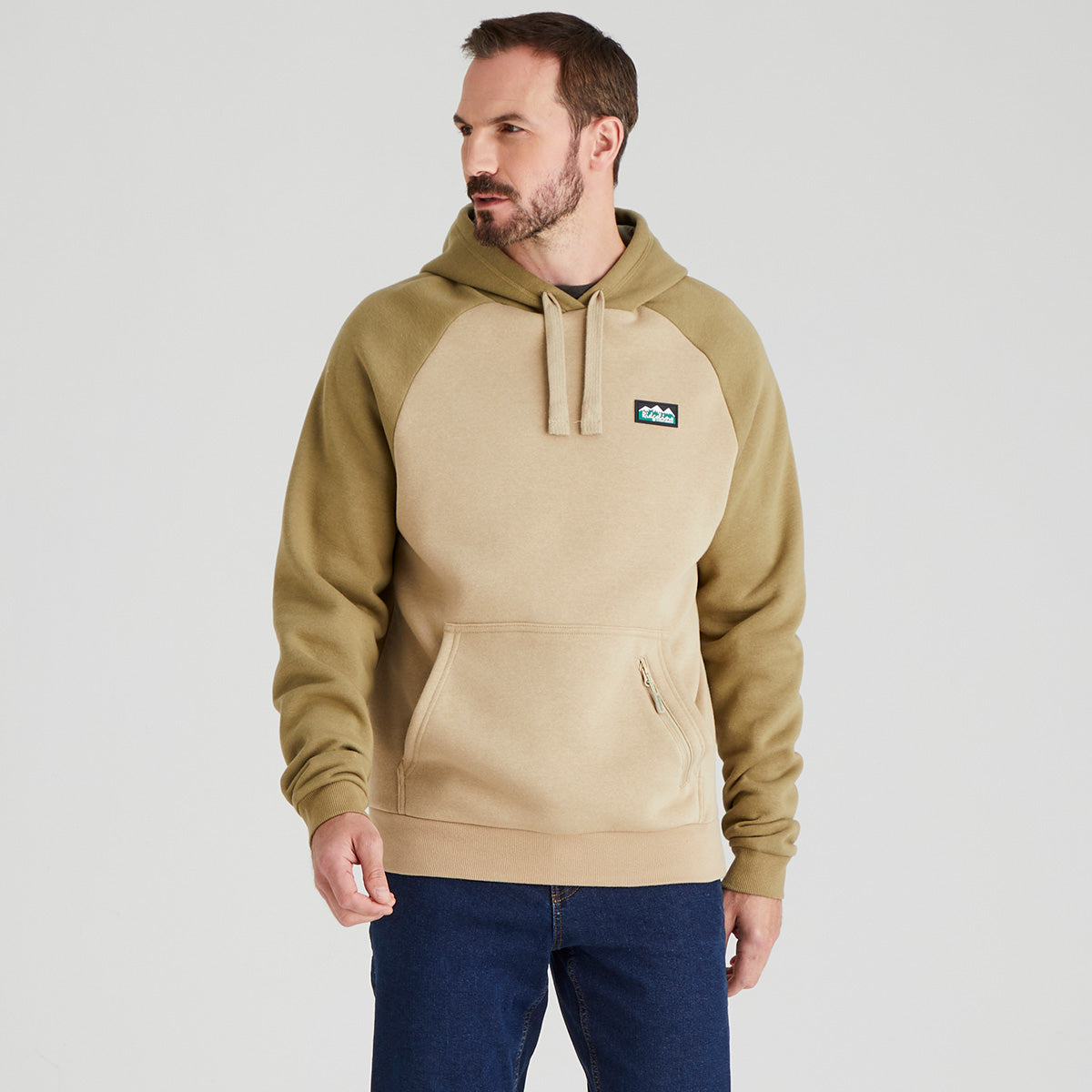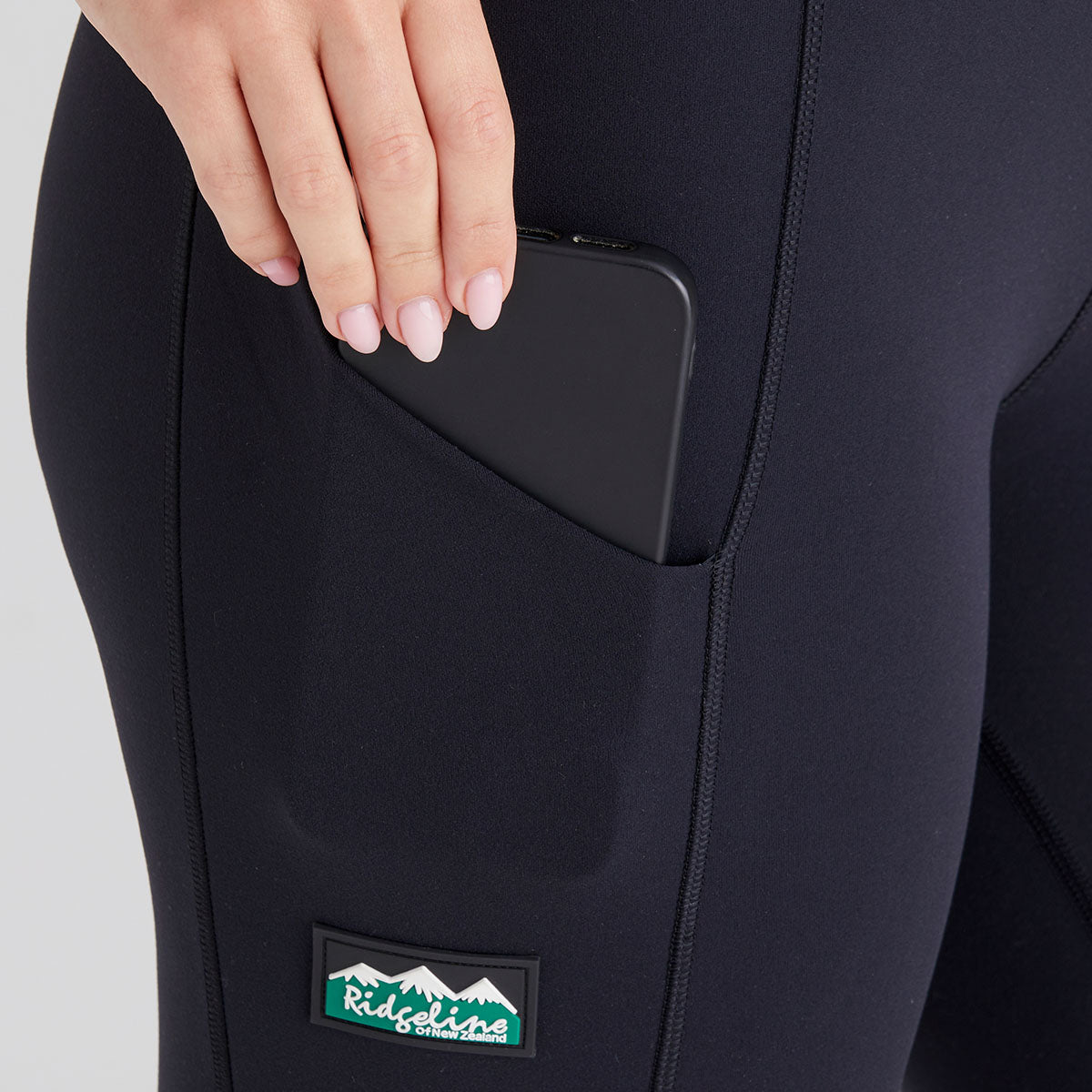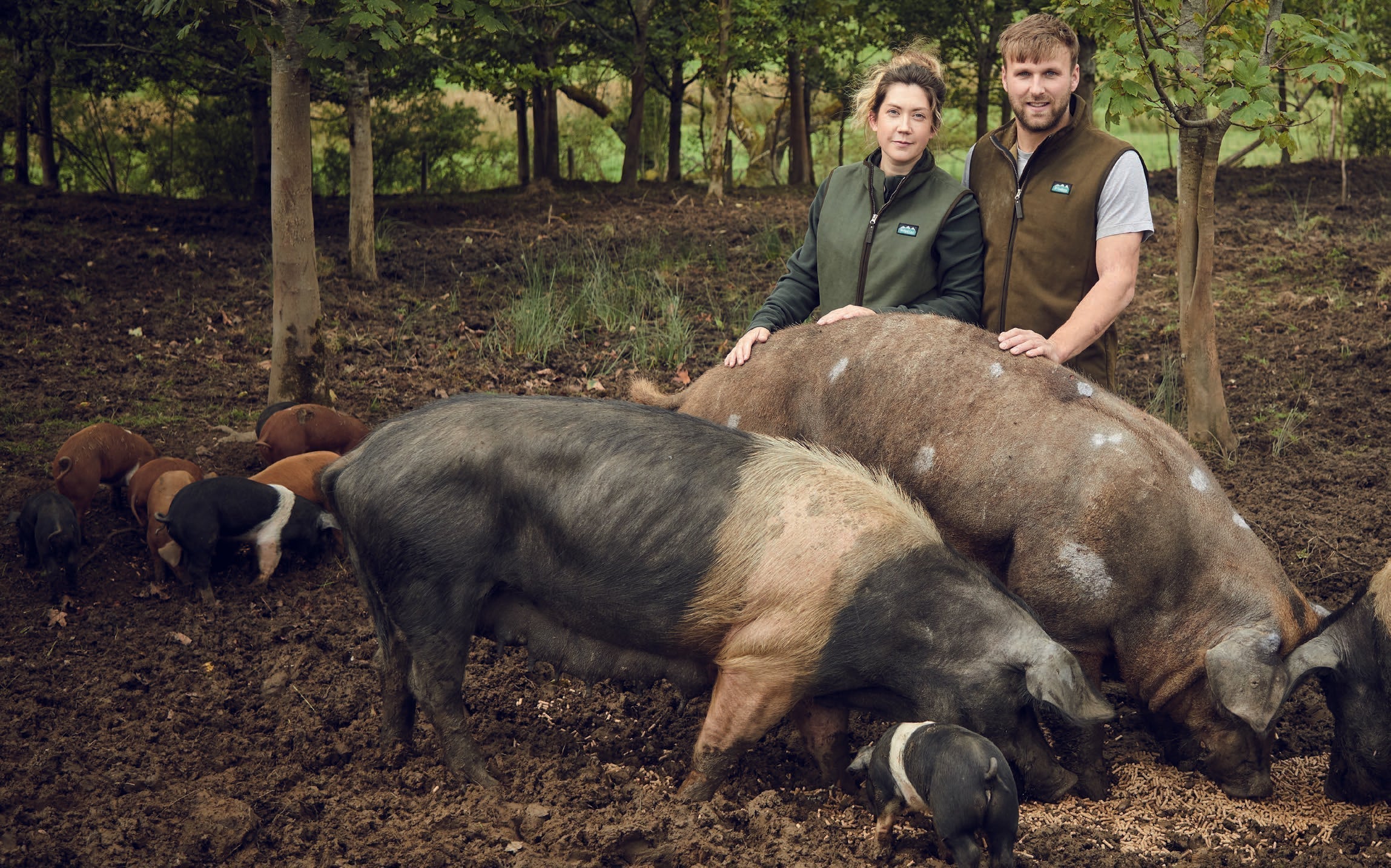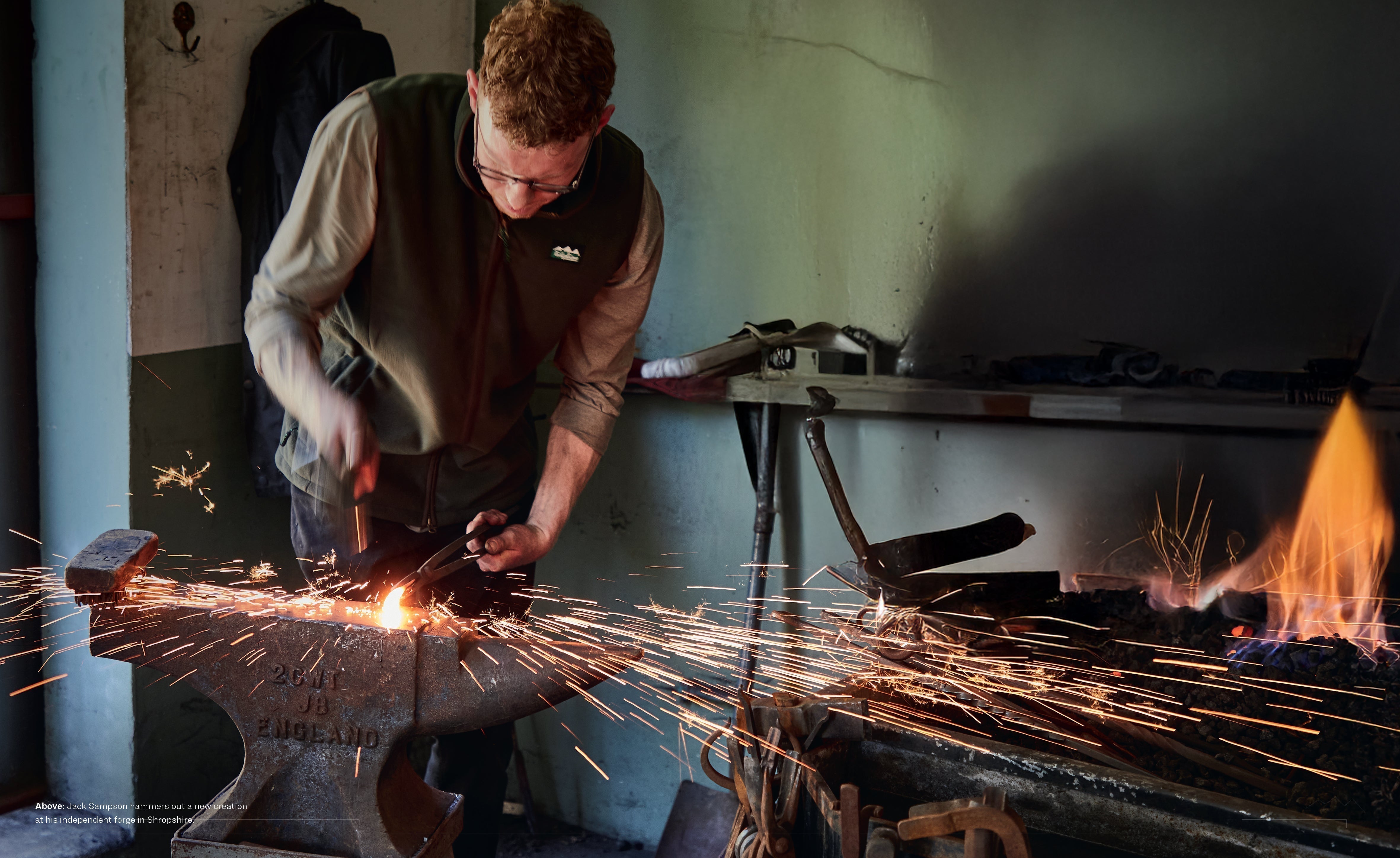All Weather Fella
Cameraman Jon Chappell’s career has taken him from the scorching deserts of Afghanistan to the bitter cold of the Norwegian winter. He shares his thoughts about filming in extreme conditions and new projects closer to home.
WORDS BY DAN HAYES

Jon Chappell is no stranger to challenging environments. The veteran cameraman and filmmaker has worked in 84 countries (so far) in a career that has spanned almost 40 years.
Extreme heat, bitter cold, relentless rain – Chappell has experienced them all in his pursuit of eye- catching, sometimes heart-stopping, footage for news bulletins, reportage series and nature documentaries.
Following an apprenticeship at BBC Manchester, it was not long before Chappell found himself at the sharp end – as part of a news crew covering the first Chechen War in the city of Grozny in 1994.
“I was only there for about a week, but it was very hairy,” he recalls. “We weren’t embedded with anyone, we were on our own, driving around in a Lada car with a white flag over the top. I don’t think I realised quite how risky that was at the time.”
In more recent years, Chappell has covered wars and military deployments alongside British armed forces, spending three months in Afghanistan filming at bases such as Camp Bastion and at forward operating posts, travelling from place to place by helicopter or in armoured vehicles.
As well as the ever-present threat of attack by insurgents, the climate could also be extremely hostile. “The temperature reached as much as 500C on some days. If you stood still in the same place the heat would burn through the soles of your shoes, so we had to be really careful.”
Other military adventures include filming the Channel Five series Warship, chronicling the activities of a fleet of Royal Navy vessels in the South China Sea. “We would use Lynx helicopters like taxis to get from one ship to another or onto shore,” Chappell recalls. “I really enjoyed those low-level journeys. Sometimes we landed on the back of a ship and sometimes we were just hoisted down to the deck from above which was alarming the first time I did it because I’d had no training and no warning.”
His career has also included trips to places such as Madagascar, Mongolia and the Solomon Islands for series such as Extreme Fishing with Robson Green, as well as numerous nature documentaries.
“I think Iceland was the wettest place I’ve ever filmed, while Norway in winter (filming the Northern Lights) was probably the coldest. It was -300C and we had to be very careful with our batteries. If you breathed into the viewfinder the condensation would freeze onto the plastic so you couldn’t see through it anymore.
“In the jungles of places like Borneo or the Amazon you have to deal with 40-plus degrees and massive humidity. That’s a challenge for a person individually, but it’s also difficult to keep the equipment working.”

‘Filming days on wildlife documentaries can last up to 18 hours. You need to be prepared and self-reliant.’
Filming in changeable and uncompromising weather also requires clothing that is up to the job, Chappell adds. “The filming days on wildlife documentaries can last up to 18 hours. You need to be prepared for adverse weather and you have to be very self-reliant. What you wear is incredibly important. If you’re doing a 14- to 18-hour day in the open and your clothing is soaked through after the first hour then you’re going to have a very uncomfortable time.”
Staying unseen and unheard is another key to success. “You need gear that is low-viz and blends in with the surroundings. And it has to be quiet. If you have a noisy shell layer then you’ll scare all the wildlife away.”
Chappell recently decided to shift his focus slightly closer to home, combining his camera and filmmaking work with a post as a staff lecturer at the University of Cumbria in Carlisle, teaching students on the BA Wildlife Media course.
“I decided I wanted to do something more locally based,” he explains, “And I felt it was about time, at 55 years old, to start changing tack a little and doing something more sustainable. I was getting a bit sick of airports. So I teach for 24 weeks and the rest of the year, during the university holidays, I’m filming so that I can keep my skills current.”
He is relishing the variety this new combination provides, with recent activities including a two-week university trip to the western Scottish Island of Colonsay photographing coastal habitats within 100 feet of the tideline, using both above- and under-water techniques.
“After that I’m doing a fishing project with Matt Hayes, a fisherman who used to be on the Discovery Channel,” he adds. “That will be six episodes for a new fishing series to go on TV. The locations will be all around the UK and we’ll be shooting in any weather going into the autumn... So it could get colder.” He’s likely to need reliable waterproofs as well.

Jon Chappell on assignment, battling the elements across the globe – from fishing with Robson Green to enduring the scorching climates of Africa and Afghanistan

